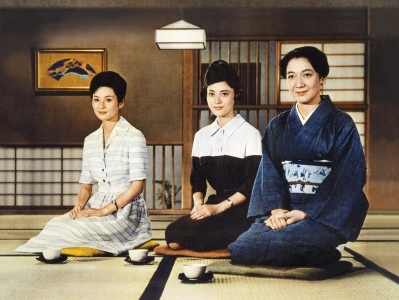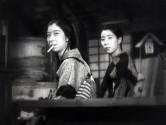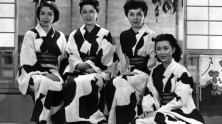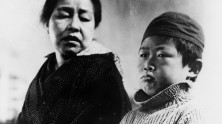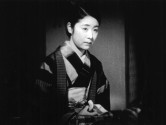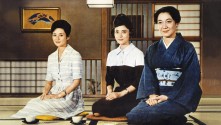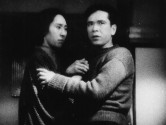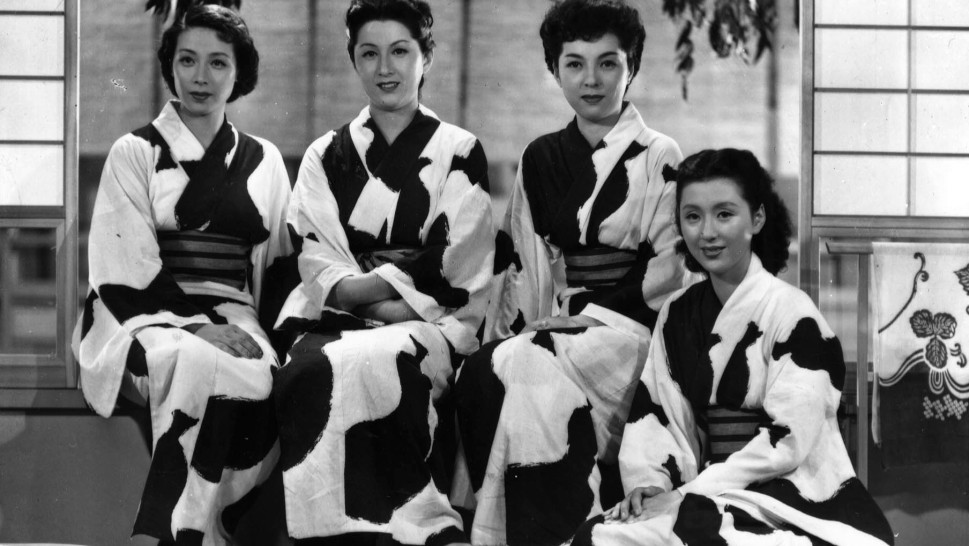
The Flavor of Green Tea over Rice
(Ochazuke no aji)
Screening on Film
With Saburi Shin, Kogure Michiyo, Tsuruta Koji.
Japan, 1952, 35mm, black & white, 116 min.
Japanese with English subtitles.
Print source: HFA
Ozu’s supple and comically inflected character study is also a remarkably frank yet nuanced portrait of marriage, here captured at its not quite ripe middle age by revealing the strange contortions and contradictions that bond a childless couple played by veteran actors Kogure Michiyo and Saburi Shin. In this way The Flavor of Green Tea Over Rice follows a spirited and slightly cynical wife’s willful and habitual deception of her husband in order to maintain control over her own autonomy, beginning with a spontaneous trip with friends to an onsen where they delight in mocking their clueless partners. Meanwhile the husband sets into motion his own displaced critique by supporting a colleague’s spirited daughter in her rebellion against an arranged marriage. With a keen eye for rich detail The Flavor of Green Tea Over Rice uses the everyday spaces and rituals of middle-class Tokyo as the evocative settings for a series of scenes that bring light to the fissures in the couple’s marriage while also guiding them eventually towards home and, more specifically, into the kitchen, where the eponymous dish will give way to an unexpected epiphany. – HG
